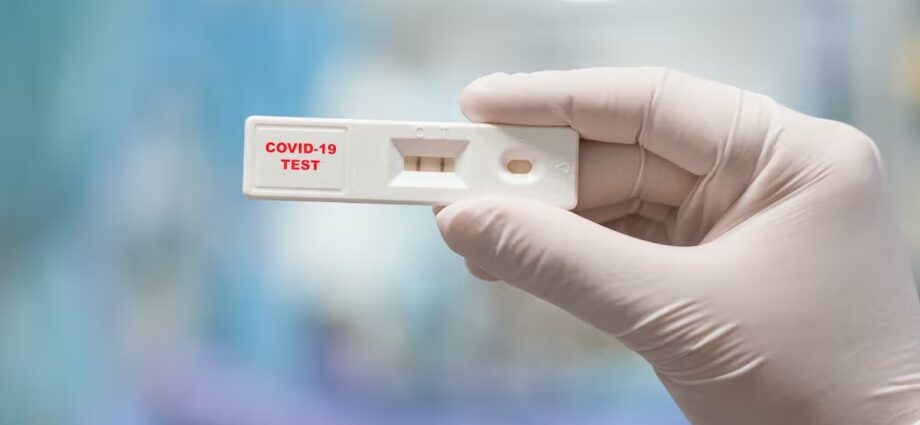With the ongoing COVID-19 pandemic, pre-departure PCR testing has become a crucial tool in controlling the spread of the virus. PCR, or polymerase chain reaction, is a type of test that detects the genetic material of the virus in a person’s sample.
If you have taken a pre-departure PCR test, you may be wondering what your test result means. Start by searching online “pre-departure PCR test near me” to find where you can get tested.
If you want some insight into what PCR results can mean, read on.
Positive Result
A positive result on a COVID-19 PCR test means that you have tested positive for the virus. This means that you are currently infected with COVID-19 and can spread the virus to others.
If you test positive, it is important to isolate yourself from others to prevent further spread of the virus. You should also notify anyone you have been in close contact with so they can get tested and take appropriate precautions.
If you have symptoms of COVID-19, such as fever, cough, or difficulty breathing, you should seek medical attention. Your healthcare provider can advise you on how to manage your symptoms and whether additional treatment or hospitalization is necessary.
Negative Result
A negative result on a COVID-19 PCR test means that the virus was not detected in your sample. However, it is important to note that a negative result does not necessarily mean that you do not have COVID-19. It is possible to receive a false-negative result, particularly if you were tested too early in the course of your infection.
If you have symptoms of COVID-19 or have been in close contact with someone who has tested positive, you should still quarantine and monitor your symptoms, even if your PCR test result is negative. You may need to take another test or consult with your healthcare provider if your symptoms persist.
Inconclusive Result
An inconclusive result on a COVID-19 PCR test means that the test was unable to determine whether the virus was present in your sample. This can happen for a variety of reasons, such as an inadequate sample or issues with the test itself.
If you receive an inconclusive result, you may need to retake the test or consult with your healthcare provider to determine the next steps. Depending on your symptoms and exposure, you may need to quarantine and monitor for symptoms even if your result is inconclusive.
Conclusion
PCR testing is an important tool in controlling the spread of COVID-19, but understanding your test result is crucial in preventing further transmission. A positive result means that you are currently infected with COVID-19 and should isolate yourself from others, while a negative result does not necessarily mean that you are not infected.
It is important to continue practicing prevention measures, such as wearing a mask, washing your hands regularly, and practicing social distancing, even if you receive a negative PCR test result. These measures can help prevent the spread of COVID-19 and protect yourself and those around you.
If you have any questions or concerns about your COVID-19 PCR test result, it is important to consult with your healthcare provider. They can provide guidance on the next steps and help you manage any symptoms or concerns you may have. Together, we can work to control the spread of COVID-19 and keep our communities safe.
Additionally, it is important to note that PCR testing is not foolproof and can have limitations. False-negative results can occur, particularly if the sample was collected too early in the course of the infection, or if the sample was not collected properly. Similarly, false-positive results can occur if there is contamination of the sample or if the test detects fragments of the virus that are no longer active.
If you receive a positive PCR test result, it is important to take the necessary precautions to prevent further spread of the virus. This includes isolating yourself from others, monitoring your symptoms, and seeking medical attention if necessary. You should also notify anyone you have been in close contact with, so they can get tested and take appropriate precautions.

